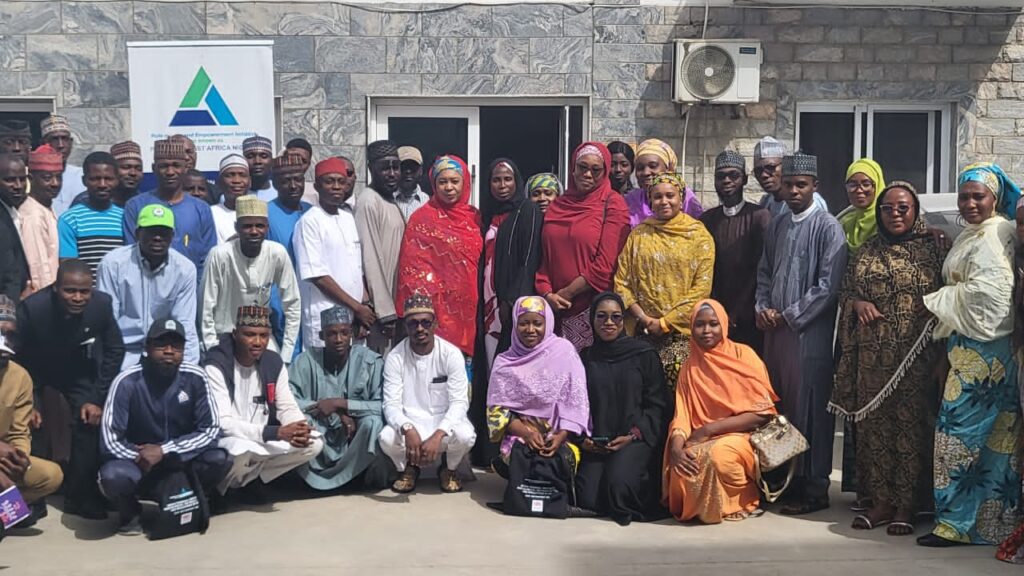By Zubairu Idris
An NGO, Partners West Africa Nigeria (PWAN), has tasked the media on educating the public about the Police Act 2020, and its provisions that relate to human rights, to enhance the police-citizens interactions.
PWAN, supported by the UK Integrated Security Fund of the Foreign Commonwealth Development Office (FCDO), is currently implementing a project across Nigeria, specifically in Kano, Plateau, Borno, Edo, Lagos, Enugu States, and the FCT Abuja.
The NGO, also known as the Rule of Law and Empowerment Initiative, is implementing a project titled: “Enhancing Police Governance: Deepening Understanding of the Police Act 2020 and Regulations Across Nigeria.”
The PWAN Programme Officer, Hajiya Aisha Yusuf, gave the charge, at a one-day Town Hall meeting on Human Rights, the Police Act 2020, and Regulations, organised for journalists from the North-West states on Friday in Kano.
The officer explored the role of the media in fostering responsible and rights-based reporting on sensitive issues like arrests, stop-and-search, and profiling, among others.
She said the meeting was an important initiative to ensure that both the public and the media understand their rights and responsibilities under the new Act, as well as the expected conduct of police officers.
“This meeting is an essential step to enhancing the media’s role in strengthening trust, transparency, and accountability between the Police Force and the public,” she said.
One of the facilitators, Mr Sani Ammani, said the new police act’s objectives were to provide for a more effective police service based on the principles of accountability and transparency, protection of human rights and fundamental freedoms and partnership.
He said that prevention and detection of crimes, maintenance of public safety, law and order, and protection of lives and properties of people were among the primary functions of the police as outlined in the Section 4 of the Act.
Ammani said that the police were saddled with the power to conduct investigations when an alleged offence was reported, or a person was brought for allegedly committing an offence.
He added that the act powered police to make an arrest when an offence has been committed in his or her presence or in contravention of any law.
He, however, said that sections 31 and 32 of the axt prohibit the arrest of a person for a civil wrong such as landlord/tenant matters, divorce or breach of contract, among others.
The suspect, Ammani said, should not be handcuffed, bound or subjected to any form of restraint during an arrest except under certain circumstances.
“These include where there is apprehension of violence by the suspect, an attempt to escape, or for the safety of the suspect or where there was a court order to that effect.
“If you come to arrest A, don’t arrest B, if A is not available, no torture, no beating, no slapping, no hitting a suspect and no maltreatment,” according to the Act,” he stressed.
Ammani added that section 38 of the act provided that police have powers to effect an arrest without a warrant on certain grounds, such as when a person commits an offence in the presence of the officer, among other stated reasons.
Hajiya Maryam Rabiu, another facilitator, spoke extensively on the role of the media in promoting awareness on the act.
She said the media should amplify the voices of the marginalised communities, advocate reforms where necessary and track the effectiveness of government programmes.
The facilitator further urged the media to intensify efforts in providing platforms for discussion and debate on policies and government issues.
She called on the media to intensify efforts in educating the citizens about their rights and the functions of governmental institutions, among others.
